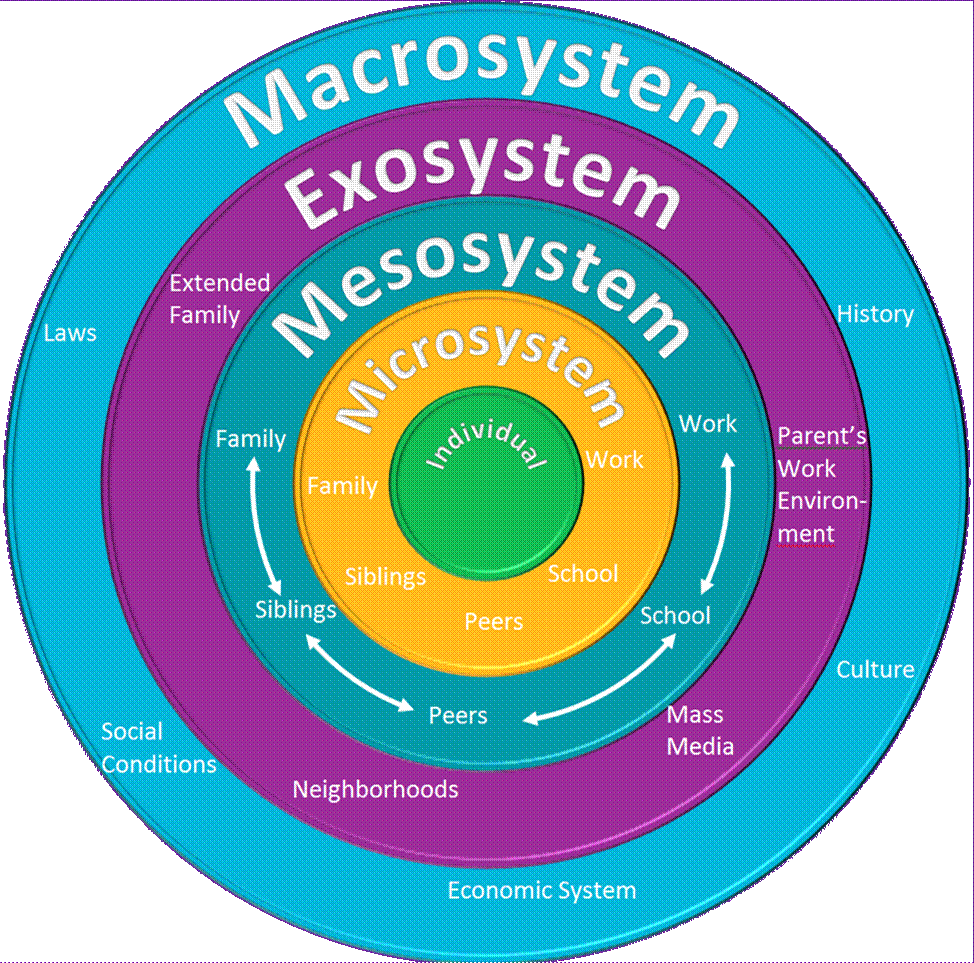The family ecology perspective is an essential framework for understanding the complex interplay between family dynamics and the broader social environment. It emphasizes the interdependence of families and their contexts, exploring how various ecological factors influence family life and functioning. This perspective is crucial in recognizing that family behaviors and structures are not isolated but rather shaped by their interactions with various systems, including socio-economic status, education, cultural norms, and community resources.
The family ecology perspective provides a lens through which we can analyze the multifaceted relationships that families maintain with their surroundings. By examining these connections, we can gain insights into how external influences affect family well-being, decision-making, and overall resilience. This perspective is particularly relevant in understanding issues such as poverty, education, and health disparities, as it highlights the importance of context in shaping family experiences.
Ultimately, the family ecology perspective fosters a deeper understanding of the intricate web of relationships that families navigate daily. By acknowledging the reciprocal nature of these interactions, we can develop better policies, programs, and interventions that support families in thriving within their unique ecological contexts. This article will delve into the key aspects of the family ecology perspective, its implications, and how it can inform our understanding of family dynamics and social issues.
What is the Family Ecology Perspective?
The family ecology perspective is a theoretical framework that emphasizes the interactions between families and their environments. This perspective examines how various ecological systems, such as family, community, and societal factors, influence family functioning and well-being. Developed by researchers like Urie Bronfenbrenner, the family ecology perspective posits that families do not exist in isolation; rather, they are embedded within multiple layers of influences that shape their experiences.
How Does the Family Ecology Perspective Work?
The family ecology perspective utilizes an ecological model to analyze the relationships between families and their environments. This model consists of several interconnected systems, including:
- Microsystem: The immediate environment that directly influences the family, such as home, school, and workplace.
- Mesosystem: The interactions between different microsystems, such as the relationship between a child's school and their family.
- Exosystem: External factors that indirectly impact the family, such as local government policies or community resources.
- Macrosystem: The broader cultural, societal, and economic contexts that shape family life.
Why is the Family Ecology Perspective Important?
The family ecology perspective is vital for several reasons:
- It helps us understand the complex interactions between families and their environments.
- It highlights the importance of context in shaping family experiences and outcomes.
- It provides a framework for developing policies and interventions that support families in navigating their environments.
How Can the Family Ecology Perspective Inform Policy and Practice?
By applying the family ecology perspective, policymakers and practitioners can create more effective programs and services that address the unique needs of families. This approach encourages collaboration among various stakeholders, including schools, community organizations, and government agencies, to develop comprehensive solutions that support family well-being.
What Role Do Community Resources Play in the Family Ecology Perspective?
Community resources are a crucial aspect of the family ecology perspective. These resources can include:
- Access to quality education and healthcare.
- Employment opportunities and economic support.
- Social services and support networks.
- Cultural and recreational activities.
By ensuring that families have access to these resources, we can help mitigate the challenges they face and promote healthier family functioning.
How Does Socioeconomic Status Influence the Family Ecology Perspective?
Socioeconomic status (SES) is a significant factor in the family ecology perspective. Families with higher SES often have access to better resources, such as education, healthcare, and social support, which can positively impact their overall well-being. Conversely, families with lower SES may face numerous challenges, including financial stress, limited access to resources, and social isolation. Understanding the role of SES within the family ecology perspective can help identify areas where intervention is needed to support disadvantaged families.
Can the Family Ecology Perspective Help Address Social Issues?
Yes, the family ecology perspective can be instrumental in addressing various social issues. By examining the interactions between families and their environments, we can identify systemic barriers that contribute to challenges such as poverty, education inequality, and health disparities. This understanding can inform the development of targeted policies and programs aimed at alleviating these issues and promoting family well-being.
What Are the Implications of the Family Ecology Perspective for Future Research?
The family ecology perspective opens up several avenues for future research, including:
- Exploring the impact of cultural factors on family dynamics and functioning.
- Investigating the role of technology in shaping family interactions and relationships.
- Examining how changes in policy and economic conditions affect family well-being.
By pursuing these research avenues, we can further our understanding of the family ecology perspective and its implications for families and society as a whole.
Conclusion: Embracing the Family Ecology Perspective
In conclusion, the family ecology perspective provides a valuable framework for understanding the intricate relationships between families and their environments. By acknowledging the significance of context, we can develop more effective policies and programs that support families in navigating their unique ecological landscapes. As we move forward, embracing the family ecology perspective will be essential in addressing the complex challenges families face today.
Article Recommendations
- Elf Legolas Actor
- Woo Lotti Video
- Zodiac Signs June 8th
- Alice Cooper Denver
- Bru And Anna Sitar
- Heart Attack Vs Cardiac Arrest
- Start Of Something Big
- Dale Hay Actor
- Huberman Wife
- Center Of The Universe Tulsa Oklahoma
Also Read


